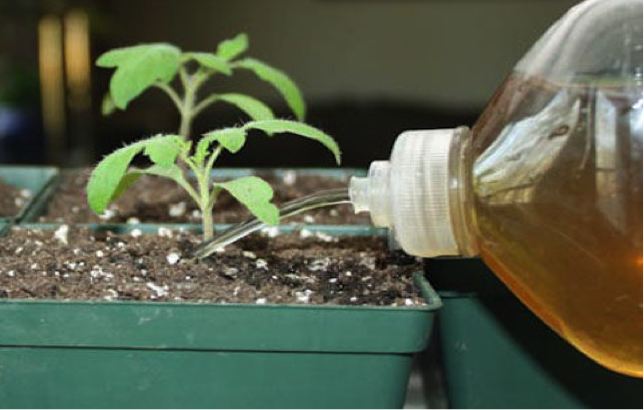Gardening is one of the most enjoyable past time activities – even if you are not a professional gardener, being able to grow plants and take care of them at home is a stress relief in itself. Not to mention how this helps you make better use of your outdoor space, especially when you plant flowers and plants that you absolutely love. However, planning the layout of your garden and bearing in mind the essentials is the key to success, and that’s why I’m here today. What follows are my recommendations on how to make the most out of your garden and keep it nice and neat all year round.

Choose Your Plants Wisely
First things first – before anything, make sure you know exactly how much land you have at your disposal. When choosing plants, consider the varieties that thrive best in the area that you live in. Plants that work in a South African climate are often the easiest to cultivate. Also, keep in mind how much sunlight your garden gets because the varieties you choose need to be able to grow and thrive in those conditions.
Use Good Quality Soil
Plants get all their nourishment from the soil and whatever fertilizer you add to it. If your garden has a good soil within pH6-7, good quality compost and well-rotted manure might be all your plants need. Poor soil can be improved with specific treatments and if you don’t think you can do it on your own, ask for the help of a professional to prepare the soil for your plants.
A good-quality garden fertiliser will also be necessary to help boost the growth of your plants. I recommend you to get an organic one – it will provide the necessary nutrients for your plants to grow, with the benefit of being slower-acting and gentler than the chemical based ones. Instead of being immediately absorbed by plants, organic fertilisers need first to be broken down by soil bacteria and fungi into forms that plants can absorb. This means that unlike a chemical one, an organic garden fertiliser is not easily washed away during irrigation or during a heavy rainstorm, so the plants get most of the nutrients needed for their growth more evenly over a longer period of time, rather than all at once.
Water Deeply
Just like us, plants also need water for their metabolic functions. Water deprivation can impact plant growth and reduce flowering and fruition. Also, plants that aren’t watered regularly become more prone to fungal and bacterial diseases. Rain and condensation from the air may meet part of your plant’s water requirements, but depending on where you live, additional water may be necessary, especially in summer time.
Remember that water should be provided to the root zone and not to the aerial parts of the plants. Every time you water your garden, allow it to percolate deep into the earth – this will help the roots to grow deep and access water reservoirs and soil nutrients in the deeper layers of the soil. Reduce the frequency of watering if necessary.
Trim as Necessary
It might be heartbreaking to nip off the healthy, growing tips of a plant, but it is necessary to divert the energy from vegetative growth to flowering and fruit set. Once a week, walk through your garden and remove faded flowers from your plants. Aside from making your garden look more clean and neat, this will also prevent your plants from dropping seeds and creating a mess of seeding later on.
























